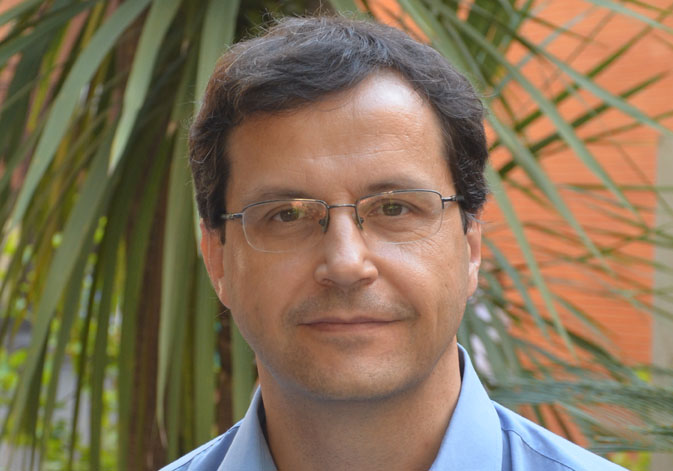Rubén Artero’s research on myotonic dystrophy receives one million euros from the “la Caixa” Banking Foundation
- Scientific Culture and Innovation Unit
- December 3rd, 2018

The project Therapeutic targeting of MBNL microRNAs as innovative treatments for myotonic dystrophy is directed by Rubén Artero, professor of Genetics at the University of Valencia and researcher at INCLIVA and has received 997,024 euros from the “la Caixa” Banking Foundation. Myotonic dystrophy is a rare, incurable, neuromuscular disease without specific treatment.
The project has been selected in the first competitive call for research projects in biomedicine and health of the “la Caixa” Banking Foundation, whose objective is to identify and promote the most promising initiatives, of greater scientific excellence and greater potential value and social impact, whether in basic, clinical or translational research.
In the call, 785 proposals have been attended and 20 have been selected. In the proposal of the University, presented as a consortium and the third one that has obtained the most funding, the University of Oxford, the Institute of Bioengineering of Catalonia (IBEC), the IMAGINE Institute of France, the Biodonostia Institute, ASEM and the Myotonic Dystrophy Foundation also participate.
“Myotonic dystrophy is a rare neuromuscular disease that causes chronic weakness and shortens life expectancy. Among the genetic diseases, its therapeutic approach is relatively favourable because it originates due to the lack of activity of the MBNL proteins, but the genes that encode them are perfectly normal”, said Rubén Artero.
The team coordinated by the University professor has discovered molecules that are capable of increasing the expression of MBNL proteins, which are critical for the disease. By potentiating them, many of the alterations present in cellular and animal models of the disease can be avoided. These results were published in the prestigious journal Nature Communications in June 2018.
The molecules discovered are known as antagomiRs, and consist of a small highly modified oligonucleotide to improve their pharmacological characteristics and enhance the expression of MBNL proteins. Oligonucleotides are a new type of drugs that could provide, in the medium term, solutions to numerous diseases that are currently untreatable. Different variants of these antagomiRs will be tested in two different animal models, both at the University of Valencia and in France. The next step, according to the researcher of the University, will be to try to validate these molecules with patients of dystrophy and perform a clinical trial within three or four years.
Creation of a Spin-off and realization of a congress
With the results generated in this research project, Professor Artero’s team is working on the creation of a spin-off. In addition, they are organising the Second Spanish Meeting on Oligonucleotide Therapeutics to be held in facilities of the University of Valencia on June 6 and 7 (2019).
















